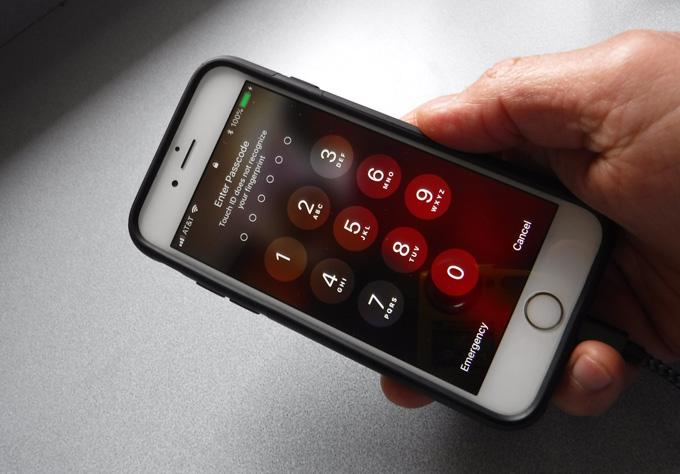The National Security Agency (NSA) has formally recommended terminating its controversial phone and text surveillance program, according to the Wall Street Journal.[1] The program has been frequently criticized for violating Fourth Amendment protections against warrantless search and seizure. The program has also been criticized for its lack of transparency, including most infamously Director of National Intelligence James Clapper's later-recanted statement in Congressional testimony before Senator Ron Wyden that the NSA did not collect any type of data on Americans.[2] Beyond these criticisms, legal and logistical hurdles in recent years have reportedly encumbered the program. “The candle is not worth the flame,” a senior intelligence official told the Journal.
Section 215, “Access to Records and Other Items under the Foreign Intelligence Surveillance Act,” has been one of the most contentious pieces of legislation to come out of the 9/11 era. It was initially enacted as part of the USA PATRIOT Act of October 2001. Congress later modified it via the USA FREEDOM Act in 2015, following the political storm caused by the Edward Snowden leaks of 2013. In 2013, former NSA Director General Keith Alexander stated that Section 215 had prevented approximately ten terrorist attacks.[3]
The provisions under Section 215 are currently set to expire in December 2019 but some observers point out that technology changes and shifts in the nature of foreign threats have already reduced the provision’s effectiveness substantially. These changes include the dramatic rise of cellular technology over landlines and the use of more advanced switches that make it easier to locate known individuals. Other differences over time have been the looser structure of groups like ISIL and the non-telephone communications methods (Internet, WhatsApp, etc.) they use that do not leave the kinds of call record data that Section 215 collection captures.
As the telephone metadata collection program approaches its final days, the Cyber Vault has pulled together a range of materials that chart its legislative origins and evaluate it from the perspective of effectiveness, legal and privacy concerns, and other considerations.
Legislative Background:
Assessments & Reviews of Section 215 Authorities, Pre-Snowden:
Assessments & Reviews of Section 215 Authorities, Post-Snowden:
ODNI Usage Statistics:
Note
[1] Dustin Volz and Warren P. Strobel, “NSA Recommends Dropping Phone–Surveillance Program,” Wall Street Journal, April 24, 2019
[2] Spencer Ackerman, "Clapper: I gave 'erroneous' answer because I forgot about the Patriot Act," The Guardian, July 2, 2013.
[3] General Keith Alexander, "Hearing of the House Permanent Select Committee on Intelligence on How Disclosed NSA Programs Protect Americans, and Why Disclosure Aids Our Adversaries," June 18, 2013.

